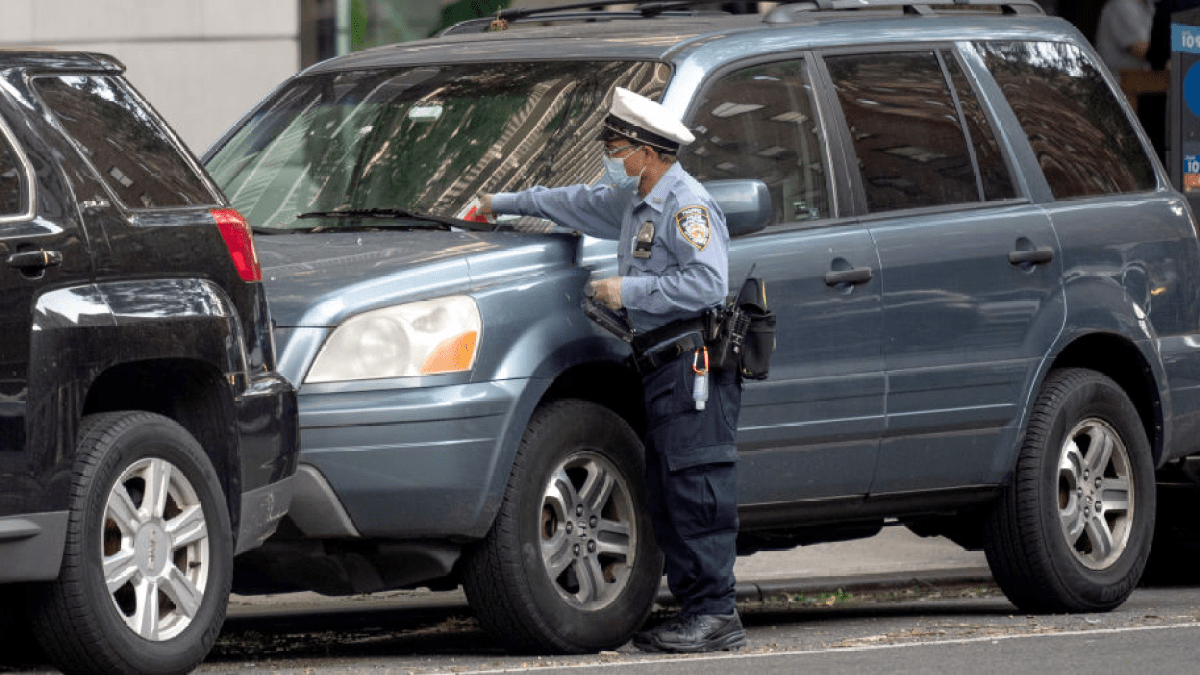NEW YORK — People who earn more generally pay more taxes than people who earn less. Should this also apply to fines?
That’s what the New York City Council is considering in a bill a representative from Brooklyn introduced in the House this week. According to Councilman Justin Brannan’s proposal, parking fees for violations such as double parking or idling, for example, would vary depending on the offender’s available daily income.
Other civil fines could be subject to the same sliding scale, and across all five boroughs, these range from construction violations to illegal dumping, housing violations, and other rules that carry civil penalties per violation. .
Brannan, who represents Brooklyn’s 43rd Ward, introduced the bill Thursday, along with sponsors Lincoln Restler, which serves Brooklyn’s 33rd Ward, and Julie Won, who serves Queens’ 26th Ward. Specifically, it requires the city’s Office of Administrative Hearings and Trials to design and implement a pilot “day ticket” program.
This agency would be tasked with evaluating fine categories likely to be subject to income parameters, testing the program for an unspecified pilot period, and reporting its findings to city management for review.
Mayor Eric Adams is expected to approve the pilot program for it to go forward. Brannan wants him to appoint one or two city agencies to help execute it, within 30 days, and he wants the trial plan implemented within a year of Adams’ approval of the plan. . The pilot program is expected to use daily fines, or income-based fines, instead of fixed fines for at least 10 different violations of local law for at least one year. Brannan did not specify which one he would be aiming for.
However, he told the Daily News that double parking should be one of the ticket categories tested in the pilot.
“Why should the guy who double-parked his 1988 Toyota pay the same as the guy with the 2024 Bentley?” Brannan asked the newspaper. “Instead of bankrupting workers while winking at the rich by setting the same fines for everyone, fines should be high enough to deter people from breaking laws that endanger or inconvenience our neighbours, but low enough not to arbitrarily alter anyone’s life.”
The bill was sent back to committee after Thursday’s presentation. Read the full text here.
Brannan says the so-called “daytime fines” would help the city recoup big losses, including some of the $2 billion it is currently owed. A recent independent budget report found that most of that loot is tied to unpaid parking tickets and speed camera enforcement, the News reported.
A spokesperson for Adams told the newspaper that the mayor’s office would review Brannan’s proposal.
Meanwhile, the city council passed new laws earlier this month. See them here, and when they go into effect.

